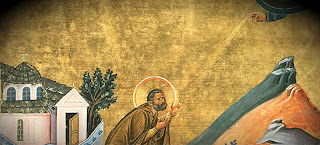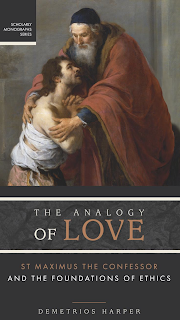Sleep, Dreams and Soul-Travel

Fr Dr Doru Costache provides a glimpse of his chapter in Dreams, Virtue and Divine Knowledge in Early Christian Egypt (Cambridge University Press, forthcoming in 2019)… The chapter entitled ‘Sleep, Dreams and Soul-Travel: Athanasius within the Tradition’ considers the views of the Alexandrian theologian against the complex backdrop of fourth-century spiritual literature. Athanasius never wrote treatises on sleep and dreaming, nor did he elaborate one on divine knowledge, but his theological and pastoral commitments imposed frequent stops in those areas. His approach to sleep and dreaming was complex: neutral, positive, and negative. Naturally assessed, both sleep and dreaming were either neutral or positive occurrences. One could not be held personally responsible for the uncontrollable, namely, for what happened during sleep both inside one’s mind and around the person. Overall, getting nocturnal rest was important physiologically as well as ascetically. In a typical manner, Athan...



